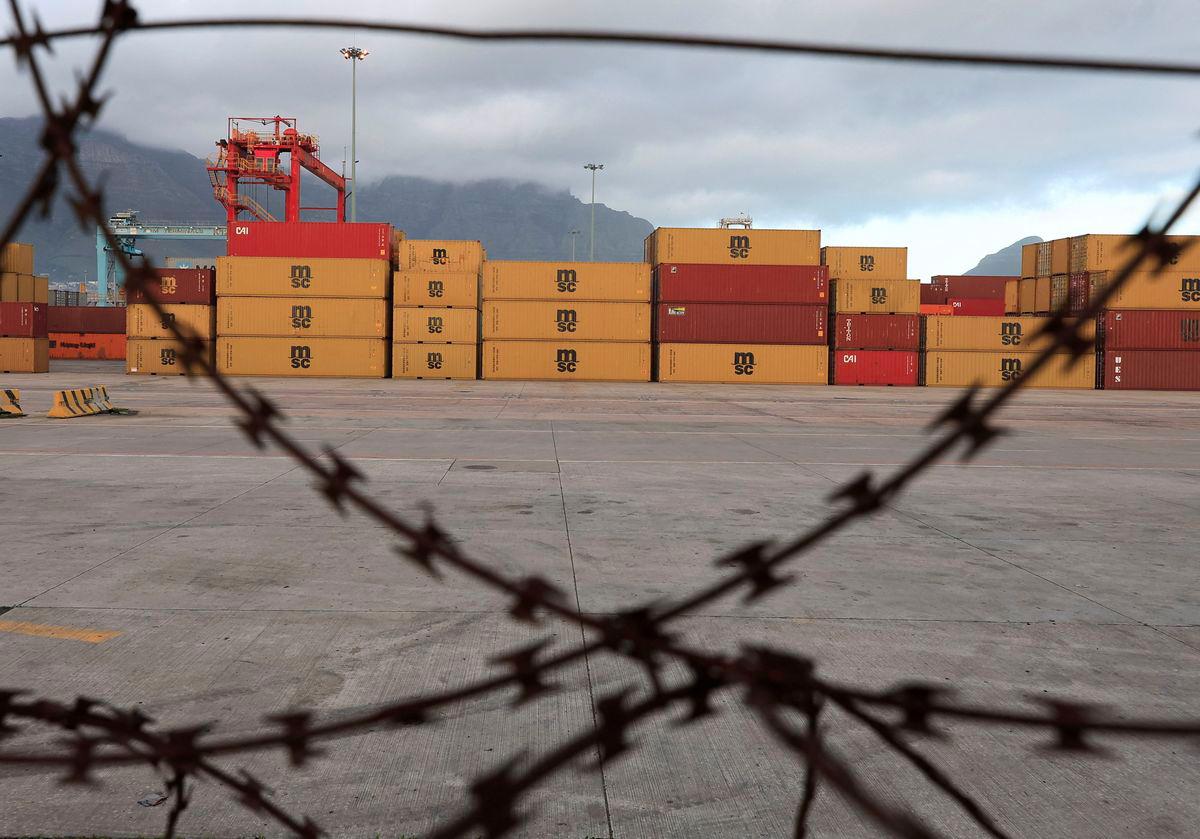JOHANNESBURG: South Africa faces a 30% tariff on its exports to the United States starting next week, a move expected to cost tens of thousands of jobs after the country failed to secure a trade deal before a deadline set by U.S. President Donald Trump.
In an executive order on Thursday, Trump slapped new tariff rates ranging from 10% to 41% on dozens of countries as he seeks to reshape global trade on more favourable terms for the U.S.
The order said the higher import duty rates would take effect in seven days.
South Africa has tried for months to negotiate a deal with Washington and offered to buy U.S. liquefied natural gas and invest $3.3 billion in U.S. industries in exchange for lower tariffs. But the effort was unsuccessful, even after Pretoria made a last-minute attempt to improve its offer.
South Africa’s Trade Minister Parks Tau said the higher tariff was a threat to the country’s export capacity, particularly in key sectors such as automotive, agro-processing, steel, and chemicals.
“We are working with urgency and resolve to implement real, practical interventions that defend jobs and position South Africa competitively in a shifting global landscape,“ Tau said in a statement late on Thursday.
The U.S. is South Africa’s second-largest bilateral trading partner after China. South Africa’s top exports to the U.S. include cars, iron and steel products, and citrus fruits.
The tariff hike underscores how South Africa’s strained relations with Washington are now having economic consequences.
South African officials have said that their trade negotiations with the U.S. were closely intertwined with geopolitical and even domestic policy issues, including South Africa’s affirmative action law which Trump disapproves of.
The U.S. government is also unhappy with South Africa for bringing a genocide case against Israel at the World Court, and for its land reform policy which aims to address racial inequality in land ownership that is a legacy of apartheid.
Trump has falsely claimed that the South African government is seizing white farmers’ land. - Reuters









